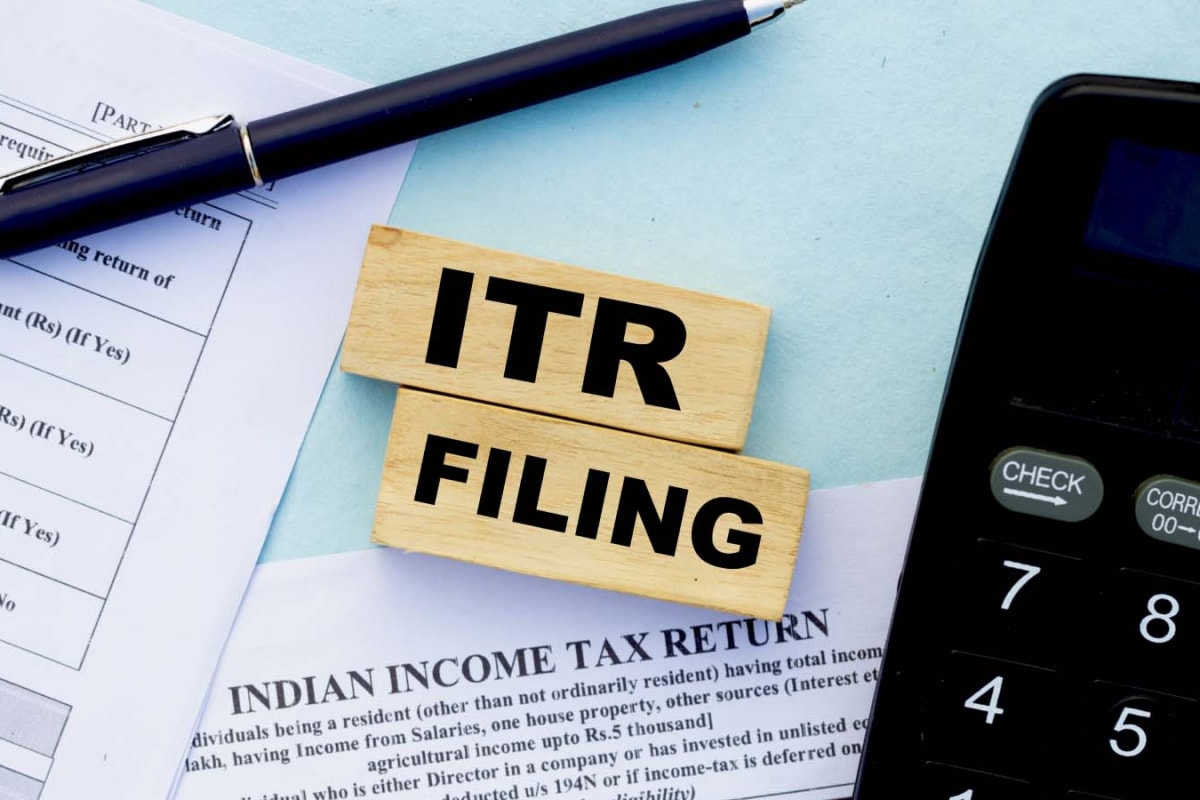

With the Income Tax Return (ITR) filing deadline for the Financial Year 2024-25 (Assessment Year 2025-26) fast approaching on September 15, 2025, taxpayers have only a short window left to complete this essential task. The Central Board of Direct Taxes (CBDT) extended the original deadline of July 31, 2025, offering some relief, but the final date is now rapidly closing in. It is crucial not to procrastinate, as delaying ITR filing can lead to several undesirable consequences.
Filing your ITR after the due date attracts penalties under Section 234F of the Income Tax Act. If your total income exceeds Rs 5 lakh, you will be liable to pay a penalty of Rs 5,000. For those with a total income of up to Rs 5 lakh, the penalty is limited to Rs 1,000.
In addition to the late filing fee, interest will be charged on any unpaid tax amount under Section 234A of the Income Tax Act. This interest is calculated at a rate of 1% per month or part of a month on the outstanding tax. The longer the delay, the higher the interest liability.
Late filing can also result in the loss of certain benefits, such as the ability to carry forward losses. If you have incurred losses from sources like the stock market, mutual funds, property, or business, you can carry them forward to offset future income, reducing your tax liability in subsequent years. However, this is only possible if you file your ITR on time. Missing the deadline means forfeiting the ability to adjust these losses against future income.
Filing your ITR early allows for faster processing of refunds. Early verification speeds up the refund process. Conversely, delaying the filing of your return will delay your refund. Furthermore, timely ITR filing can be crucial for loan and visa approvals. Financial institutions and embassies often require ITRs as proof of income and financial stability. Delays or a failure to file could create hurdles in these processes.
Even if your income is below the taxable limit, there are still compelling reasons to file your ITR before the deadline. Filing a return allows you to claim refunds for any excess tax deducted from your income. It serves as important income and address proof. Additionally, it facilitates quick visa processing and loan approvals. Filing ITR on time also allows you to carry forward losses, obtain government tenders, buy term insurance, secure funding for startup ventures, and provide evidence of your financial gains.
If you miss the September 15, 2025 deadline, you can still file a belated return until December 31, 2025. However, you will be subject to late filing fees and interest. Similarly, if you discover any errors or omissions in your original ITR, you can file a revised return by December 31, 2025.
Despite the approaching deadline, there is a possibility of a further extension. The Chandigarh Chartered Accountants Taxation Association (CCATAX) and other professional bodies have requested an extension, citing technical glitches on the ITR filing portal, data mismatches between the Annual Information Statement (AIS) and Form 26AS, and the new format for financial statements introduced by the Institute of Chartered Accountants of India (ICAI). However, as of August 31, 2025, there has been no official announcement from the government or CBDT regarding another extension.
With only a few days remaining until the ITR filing deadline, it is highly advisable to gather all the necessary documents, including Form 16 (Part A & B), bank statements, interest certificates, capital gains statements, PAN, Aadhaar, AIS, TIS, and Form 26AS, and file your return as soon as possible. Don't wait for the last minute, as potential technical issues or unforeseen circumstances could hinder your ability to file on time. Filing your ITR promptly ensures compliance, avoids penalties and interest, and unlocks various financial benefits.